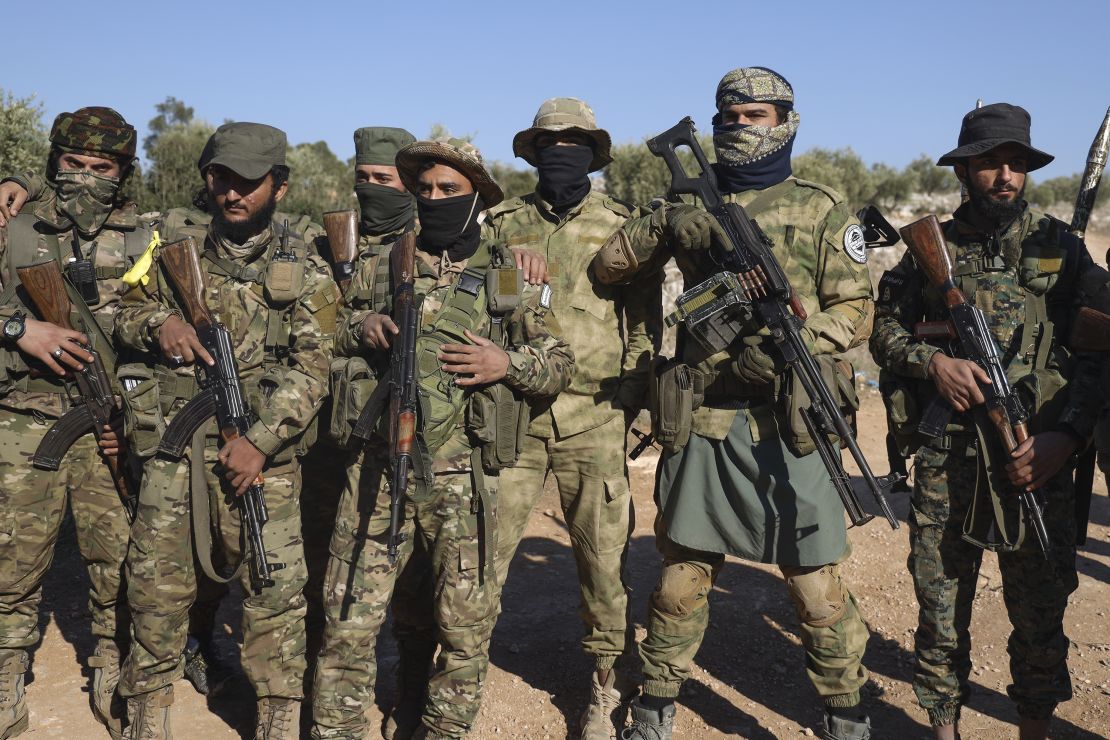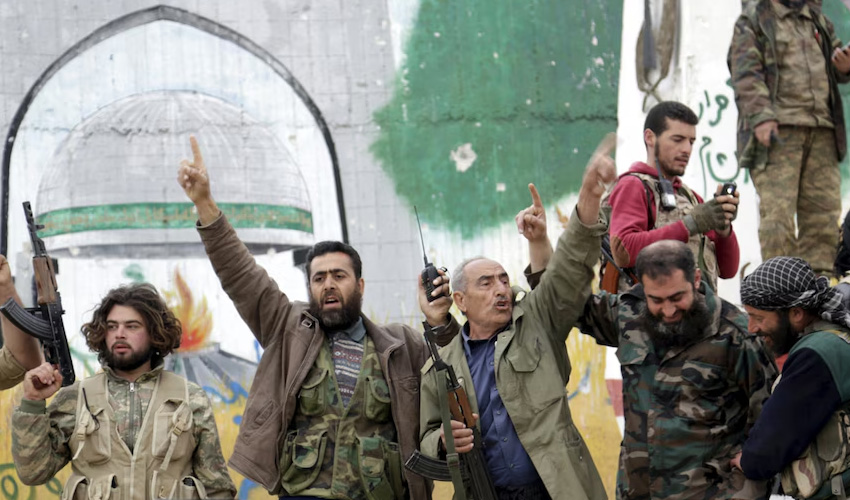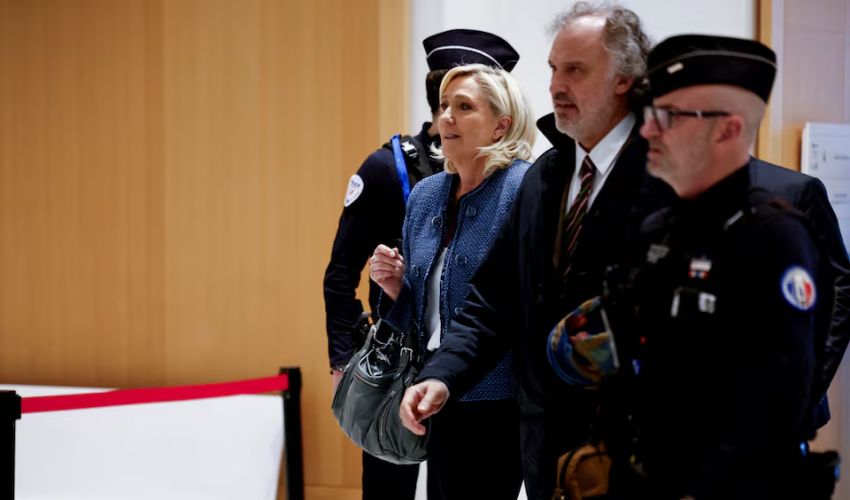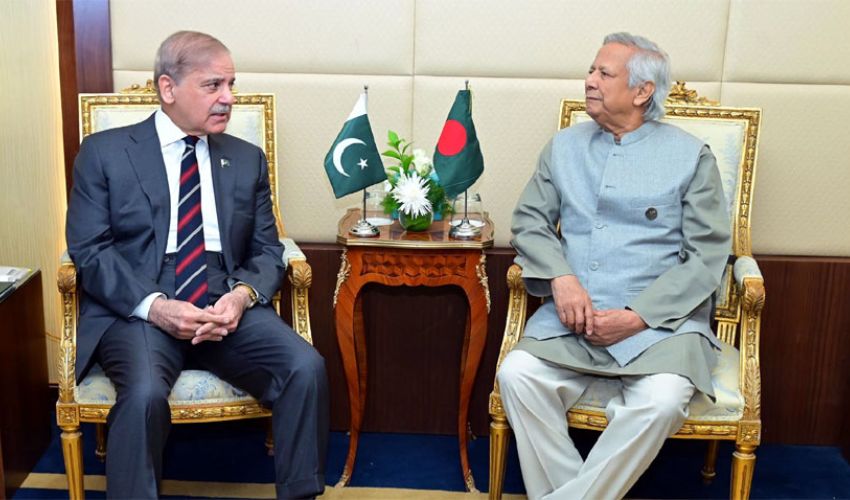The Syrian civil war, a catastrophic conflict that has raged for over a decade, has been re-ignited with a renewed offensive from rebel forces. This latest escalation is the largest military operation against President Bashar al-Assad’s government in years, as rebel factions have seized control of significant territory in Syria’s northwest, including the vital city of Aleppo.
The rapid withdrawal of Syrian government troops has allowed the rebels to push forward toward the central city of Hama, while Russian forces, a key ally of the Assad regime, carry out airstrikes to support the government.
Syria’s conflict began in 2011 as a peaceful uprising demanding democratic reforms, but it quickly morphed into a brutal civil war as government forces cracked down on protesters.
Over the years, the war attracted international involvement, with regional powers like Iran, Turkey, and Russia backing various factions. The war has taken an unimaginable toll, with over half a million people killed and millions more displaced.

Though Syrian forces, aided by Russian and Iranian support, had regained much of the country by the late 2010s, large swaths of territory remained outside their control. Kurdish-led forces, backed by the United States, hold territories in the northeast, while the northwest — including Idlib and parts of Aleppo — has been a stronghold for anti-Assad groups, including the Islamist militant group Hayat Tahrir al-Sham (HTS) and Turkish-backed rebel factions.
What is HTS?
Hayat Tahrir al-Sham (HTS) has been a dominant force in Idlib and Aleppo for several years. Initially formed as an offshoot of al-Qaeda, the group has since distanced itself from the terrorist network, though it remains on the U.S. State Department’s list of terrorist organizations. HTS controls much of the northwest and administers the region through the Syrian Salvation Government.

While HTS had previously focused on consolidating power and stability, the recent offensive marks a dramatic shift in its strategy, as it aims to challenge Assad’s forces once again.
What reasons behind offensive?
The timing of the rebel offensive is crucial. While the government had appeared to solidify control over most of the country, external factors have left the Assad regime vulnerable. The Iranian-backed Lebanese group Hezbollah, crucial in earlier years of the conflict, is stretched thin due to the Israeli strikes and ongoing tensions in Lebanon. Meanwhile, Russia’s ongoing involvement in the war in Ukraine has distracted it from fully supporting Assad’s forces.
On the other hand, the rebel factions have seized the opportunity. Accusing the Syrian government of escalating hostilities in the north-west, HTS and its allies launched the offensive, claiming it was necessary to “deter aggression.” Despite the absence of Iranian and Russian support, Assad’s forces are struggling to contain the rebel advances.
International reactions
As the situation in Syria continues to unravel, the reactions from regional and global powers have been swift and varied.
- Iran: Iran has been one of the most steadfast supporters of Assad throughout the conflict. With its influence in Syria now under threat, Iran is deeply invested in the fight to maintain Assad’s rule. Iranian Foreign Minister Abbas Araghchi visited Damascus to assess the situation, signaling Tehran’s continued commitment to supporting the Syrian regime.
- Russia: The Kremlin, while distracted by the war in Ukraine, has also vowed to defend Assad’s sovereignty. Russian airstrikes have been reported in the region, and Moscow has emphasized the need for Assad to restore order. However, with resources spread thin, the future of Russian support remains uncertain. The question of whether Russia will intervene as decisively as it did in 2015 is a major concern for Assad’s regime.
- Turkey: Once a staunch opponent of Assad, Turkey has recently sought to normalize ties with Syria, possibly in light of the changing military landscape. However, Turkey’s position remains fluid. President Recep Tayyip Erdoğan may seek to exert influence in a post-Assad Syria, potentially backing Islamist factions that would align with Turkey’s regional ambitions, particularly in managing the Kurdish issue.
- Western powers: The U.S. and European powers, including the UK, France, and Germany, have consistently opposed Assad. They have called for de-escalation and the protection of civilians while pushing for a political solution to the conflict. The U.S. maintains a presence in northeastern Syria, working alongside Kurdish forces to combat the remnants of ISIS. Western countries have expressed concern over the worsening humanitarian situation, with millions still displaced and living in precarious conditions.
- Israel: For Israel, the collapse of Assad’s regime would be a significant shift, potentially undermining the Iran-Syria-Hezbollah axis. While Israel has long sought to disrupt Iran’s military entrenchment in Syria, the prospect of Islamist groups taking power could lead to a new set of challenges for Israeli security. Israel is closely monitoring the situation, particularly regarding the movement of weapons to Hezbollah.
Future of Aleppo and wider war
Aleppo, Syria’s second-largest city, has been at the heart of the conflict since 2012. During the height of the war, it was divided between government and rebel forces, but by the end of 2016, Assad’s forces, with Russian and Hezbollah support, retook the city. Now, with the recent rebel advance, the status of Aleppo is once again uncertain.
The key question remains whether the rebel forces can consolidate their gains in Aleppo and push further into Assad-controlled territories like Hama. While Assad’s forces have largely withdrawn from key areas, the return of Russian and Hezbollah support could shift the balance of power.

However, there is a deeper question about the stability of the Syrian government itself. Unconfirmed reports of internal divisions within Assad’s administration and military raise concerns about the regime’s ability to respond effectively. In Damascus, where power struggles have been reported, the future of the government may hang in the balance.
The recent developments in Syria signal a new phase in a war that has already caused immense destruction. With regional and global powers once again drawing lines in the sand, the future of the country remains uncertain. The rebel offensive against Aleppo and Hama highlights the fragility of Assad’s grip on power and the precariousness of Syria’s post-war future.



























